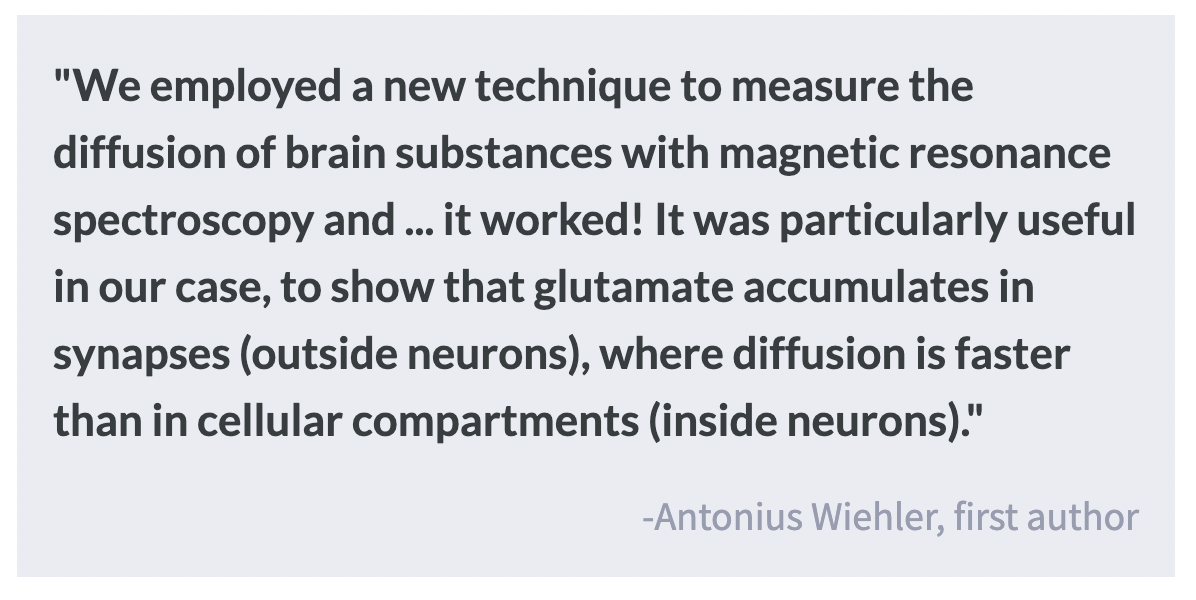The Neural Correlates of Cognitive Fatigue
Post by Megan McCullough
The takeaway
Tasks that require cognitive control lead to cognitive fatigue over time. This cognitive fatigue is associated with high glutamate concentrations in the lateral prefrontal cortex that make activating this brain region more costly, providing a metabolic explanation for cognitive fatigue.
What's the science?
When tasks require cognitive control - mental effort beyond learned routines - there is the possibility of cognitive fatigue setting in. This cognitive fatigue then leads to difficulty in exerting continued cognitive control. Previous research has implicated increased activity in the lateral prefrontal cortex (lPFC) in tasks that require increased cognitive control, but the biological explanation for why this induces fatigue is uncertain. One proposed explanation is that fatigue comes from changes in brain metabolism as a result of exerting cognitive control. This week in Current Biology, Wiehler and colleagues used magnetic resonance spectroscopy (MRS) to track brain metabolites throughout a workday while testing for cognitive fatigue levels.
How did they do it?
Participants were randomly divided into two groups: the test group was assigned hard tasks, which require high levels of cognitive control, while the control group was assigned an easy version of cognitive tasks. The cognitive tasks lasted for 6.25 hours and involved object discrimination and the use of working memory. The participants were then evaluated for signs of mental fatigue through self-reporting measures and economic choices. The choice of a small-reward/low-cost (LC) option was a marker of cognitive fatigue as opposed to the choice of a big-reward/high-cost (HC) option. Pupil dilation during the economic decisions was also measured in the participants as a marker of cognitive fatigue. Three times a day, the authors used MRS to measure metabolites throughout the cognitive task to test the link between cognitive fatigue and brain metabolism.
What did they find?
The authors found performance differences between the two groups, with higher accuracy and lower response times in the control group. There was no difference in fatigue self-reports between the two groups which suggests that subjective reports cannot capture the presence of cognitive fatigue. The authors found that compared to participants in the easy task, the participants assigned hard tasks that required increased cognitive control preferred LC options, had reduced pupil dilation during the economic choices, had high concentrations of glutamate in the lPFC, and had a higher increase in glutamate/glutamine diffusion within this brain region compared to participants in the easy cognitive task. These results are consistent with assuming there is a cost to cognitive control and support the hypothesis of a metabolic explanation for cognitive fatigue. The accumulation of glutamate in the lPFC leads to a regulatory mechanism where IPFC activation becomes metabolically costly which makes cognitive control harder to maintain.
What's the impact?
This study found a metabolic explanation behind the onset of cognitive fatigue. Exerting cognitive control for extended periods of time leads to the accumulation of glutamate which makes cognitive control more costly as time goes on. This adds to a growing body of research into the effects of cognitive work on the brain.


